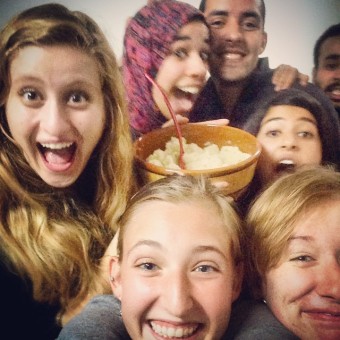Everyone tells you that you’ll have a lot of free time in the Peace Corps. They tell you that you’ll stay up to “all hours of the night, reading novels that never interested you before.”
They’re not wrong. Total pages read: 27,676. (full list after recommendations)
Thankfully, I have always loved reading and can never have too much reading time. I typically read multiple books at once and often listen to a different audio book (I know you’re supposedly not supposed to do this, but it works for me). In Morocco, I have set up a system. I try to read four books at once: one book about Morocco and/or the Amazigh people, a book about philosophy or theology, another non-fiction book, and a fiction book. While I switch between these in my free time, I also listen to an audiobook while I cook, clean, or travel. Below I have included my five recommended books with small descriptions. At the bottom, I included a full list of all the books I have read since joining the Peace Corps.
My top five picks:

Dreams of Trespass: Tales of a Harem Girlhood by Fatima Mernissi
This beautifully written work of fiction tells the story of a girl growing up in a harem in Fez, Morocco. It allows a rare glimpse into an way of life quickly disappearing. Told by accomplished sociologist Fatima Mernissi, Dreams of Trespass does not fail to educate while it simultaneously entertains. The writing is witty and the world built by the author vivid and lively.
The Weight of Glory by C.S Lewis
 The Weight of Glory is not a book by C.S. Lewis but rather a collection of some of his shorter writings, radio presentations, and lectures. The book covers questions of pacifism, materialism, the pursuit of education, and, of course, theology. I was surprised when reading it how many of the quotes I recognized. While it is certainly difficult to choose any work by C.S. Lewis as superior to others, The Weight of Glory is probably now my favorite work, or collection works, by Lewis.
The Weight of Glory is not a book by C.S. Lewis but rather a collection of some of his shorter writings, radio presentations, and lectures. The book covers questions of pacifism, materialism, the pursuit of education, and, of course, theology. I was surprised when reading it how many of the quotes I recognized. While it is certainly difficult to choose any work by C.S. Lewis as superior to others, The Weight of Glory is probably now my favorite work, or collection works, by Lewis.
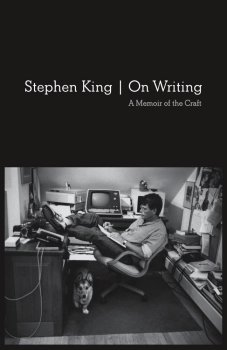
On Writing: A Memoir of the Craft by Stephen King
One Writing should be, in my opinion, required reading for any creative composition class. The book not only serves as a memoir, but also as a book of advice and encouragement to aspiring writers. King is frank about the hardships of a career in writing while also being honest about personal failures–most notably, his struggles with substance abuse. Part memoir, part textbook, part self-help book. I highly recommend this book even for people not interesting in writing or King’s works.
The Lies of Locke Lamora by Scott Lynch
The Lies of Locke Lamora follows a band of charming swindlers–led by the clever, sarcastic, and arrogant Locke Lamora–in a fantastical, Venice-inspired city as they con nobility and scoundrels alike. I have never laughed out loud reading a novel as much as I did reading Lynch’s masterpiece. The book is incredibly quotable and balances its humor with plenty of action and drama. Recommended for fantasy fans and non-fans alike. The book has already spawned two sequels (with four more planned) and Warner Bros purchased the rights to make a film.
BOOKS READ SINCE JOINING THE PEACE CORPS:
Books about Morocco:
Rebels in the Rif: Abd El Krim and the Rif Rebellion by David S. Woolman (231 pages)
The Ait ‘Atta of Southern Morocco: Daily Life and Recent History by David Hart (203 pages)
We Share Walls: Language, Land, and Gender in Berber Morocco by Katherine E. Hoffman (235 pages)
Amazigh Arts in Morocco: Women Shaping Berber Identity by Cynthia J. Becker (194 pages)
Morocco Since 1830: A History by C. R. Pennell (391 pages)
Dreams of Trespass: Tales of a Harem Girlhood by Fatima Mernissi (342 pages)
Stolen Lives: Twenty Years in a Desert Jail by Malika Oufkir (289 pages)
Theology/Philosophy:
Either/Or: A Fragment of Life by Soren Kierkegaard (609 pages)
The Weight of Glory by C. S. Lewis (192 pages)
A Lineage of Grace by Francine Rivers (542 pages)
The Reason for God: Belief in an Age of Skepticism by Timothy Keller (251 pages)
A Grief Observed by C. S. Lewis (151 pages)
Fear and Trembling by Soren Kierkegaard (147 pages)
I Don’t Have Enough Faith to Be an Atheist by Normal L. Geisler and Frank Turek (388 pages)
Confessions by Saint Augustine (305 pages)
Other Nonfiction:
Rubaiyat of Omar Khayyam rendered into English verse by Edward Fitzgerald (189 pages)
On Writing: A Memoir of the Craft by Stephen King (291 pages)
The Elements of Style by William Strunk Jr. and E. B. White (105 pages)
Bird by Bird: Some Instructions on Writing and Life by Anne Lamott (272 pages)
Driven to Distraction by Edward M. Hallowell and John J. Ratey (285 pages)
Delivered from Distraction by Edward M. Hallowell and John J. Ratey (341 pages)
The Autobiography of Malcolm X as told to Alex Haley (544 pages)
Fiction:
Memories of Ice (Book 3: Malazan Book of the Fallen) by Steven Erickson (1200 pages)
House of Chains (Book 4: Malazan Book of the Fallen) by Steven Erickson (1040 pages)
Midnight Tides (Book 5: Malazan Book of the Fallen) by Steven Erickson (960 pages)
The Bonehunters (Book 6: Malazan Book of the Fallen) by Steven Erickson (1232 pages)
Reaper’s Gale (Book 7: Malazan Book of the Fallen) by Steven Erickson (1280 pages)
Toll the Hounds (Book 8: Malazan Book of the Fallen) by Steven Erickson (1296 pages)
Dust of Dreams (Book 9: Malazan Book of the Fallen) by Steven Erickson (1280 pages)
The Crippled God (Book 10: Malazan Book of the Fallen) by Steven Erickson (1200 pages)
The Lion of Cairo by Scott Oden (369 pages)
The Poisonwood Bible by Barbara Kingsolver (543 pages)
Pnin by Vladimir Nabokov (191 pages)
The Lies of Locke Lamora (Book 1: The Gentlemen Bastards) by Scott Lynch (752 pages)
Red Seas Under Red Skies (Book 2: The Gentlemen Bastards) by Scott Lynch (578 pages)
The Republic of Thieves (Book 3: The Gentlemen Bastards) by Scott Lynch (704 pages)
Prince of Thorns (Book 1: The Broken Empire) by Mark Lawrence (389 pages)
King of Thorns (Book 2: The Broken Empire) by Mark Lawrence (458 pages)
Emperor of Thorns (Book 3: The Broken Empire) by Mark Lawrence (449 pages)
House of Leaves by Mark Z. Danielewski (709 pages)
The Samurai’s Garden by Gail Tsukiyama (211 pages)
The Barrow by Mark Smylie (587 pages)
Audio:
The Way of Kings (Book 1: The Stormlight Archive) by Brandon Sanderson (1280 pages)
Words of Radiance (Book 2: The Stormlight Archive) by Brandon Sanderson (1328 pages)
Oathbringer (Book 3: The Stormlight Archive) by Brandon Sanderson (1220 pages)
The Gunslinger (Book I: The Dark Tower) by Stephen King (224 pages)
The Drawing of the Three (Book II: The Dark Tower) by Stephen King (400 pages)
The Wastelands (Book III: The Dark Tower) by Stephen King (512 pages)
Wizard and Glass (Book IV: The Dark Tower) by Stephen King (787 pages)
TOTAL PAGES: 27,676 pages
Currently reading:
Lords of the Atlas: Adventure, Mystery, and Intrigue in Morocco 1893-1956 by Gavin Maxwell (233 pages)
The Everlasting Man by G. K. Chesterton (276 pages)
Ninja: 1,000 Years of the Shadow Warrior by John Man (272 pages)
Arabian Nights and Days by Naguib Mahfouz (228 pages)






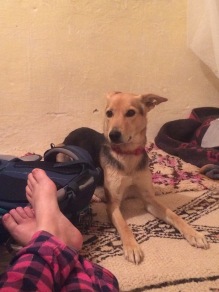

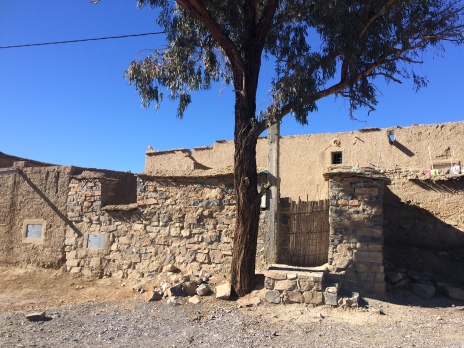


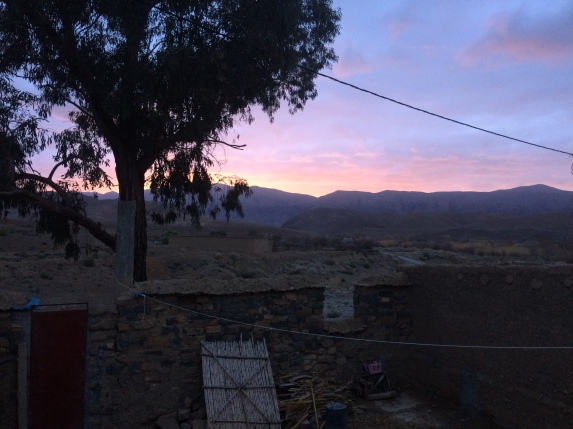



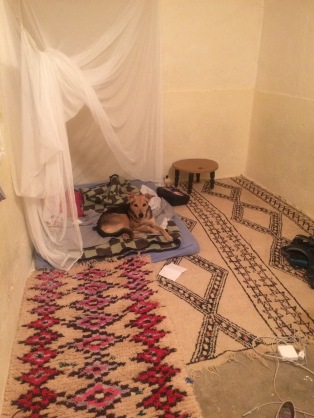



















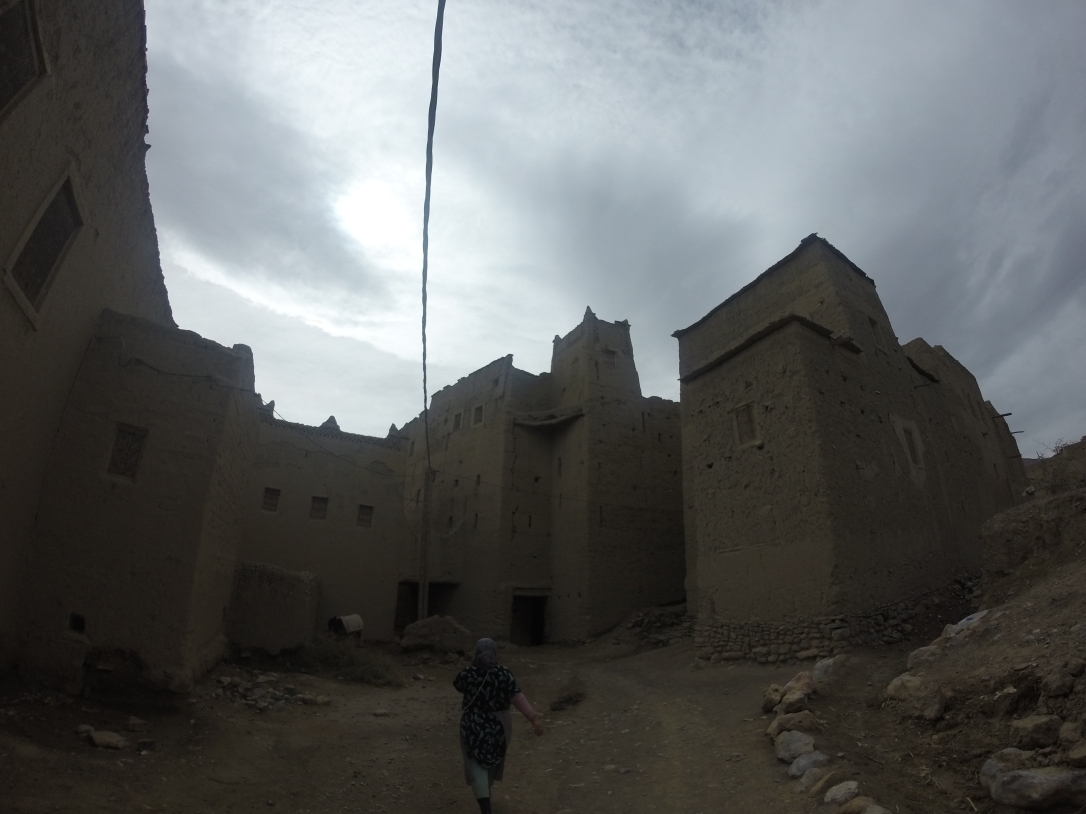
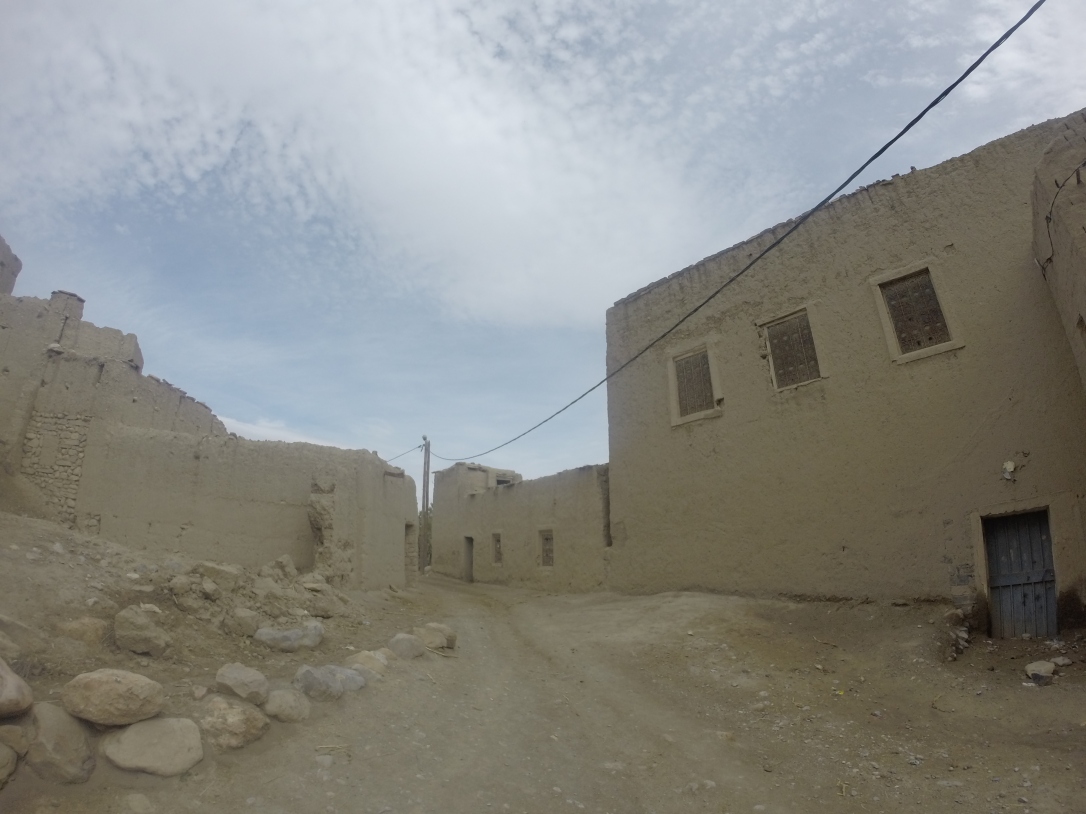


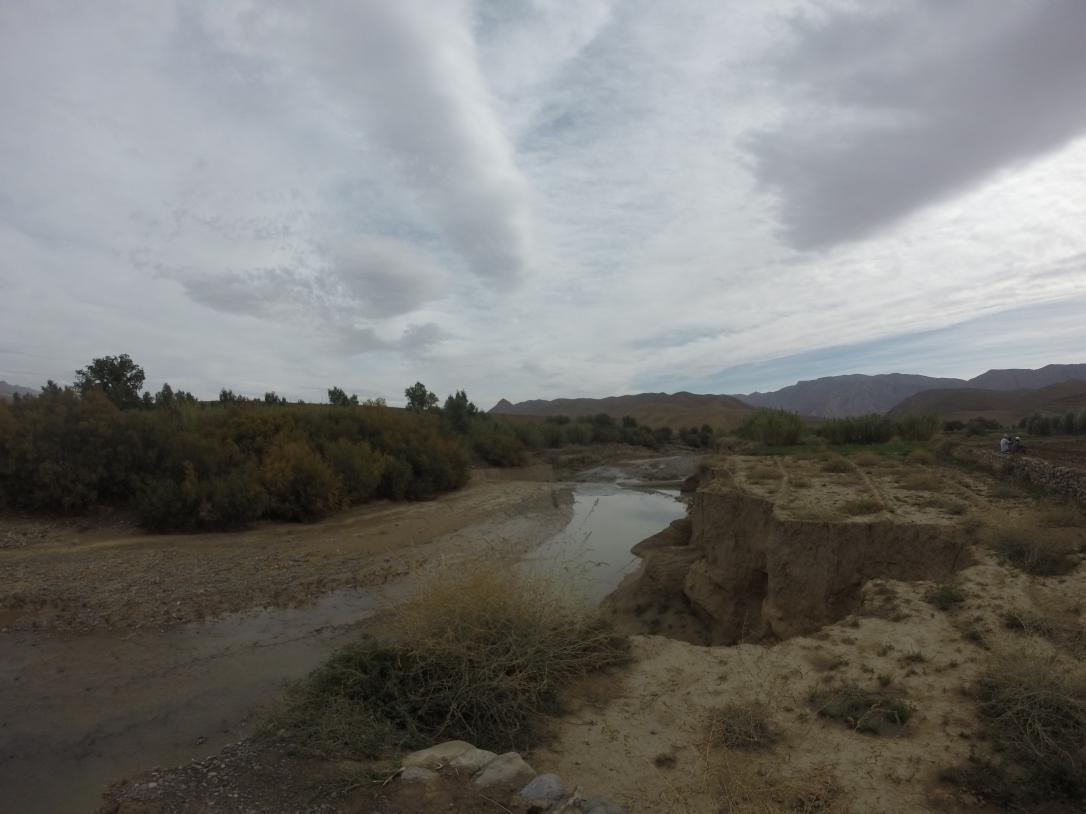


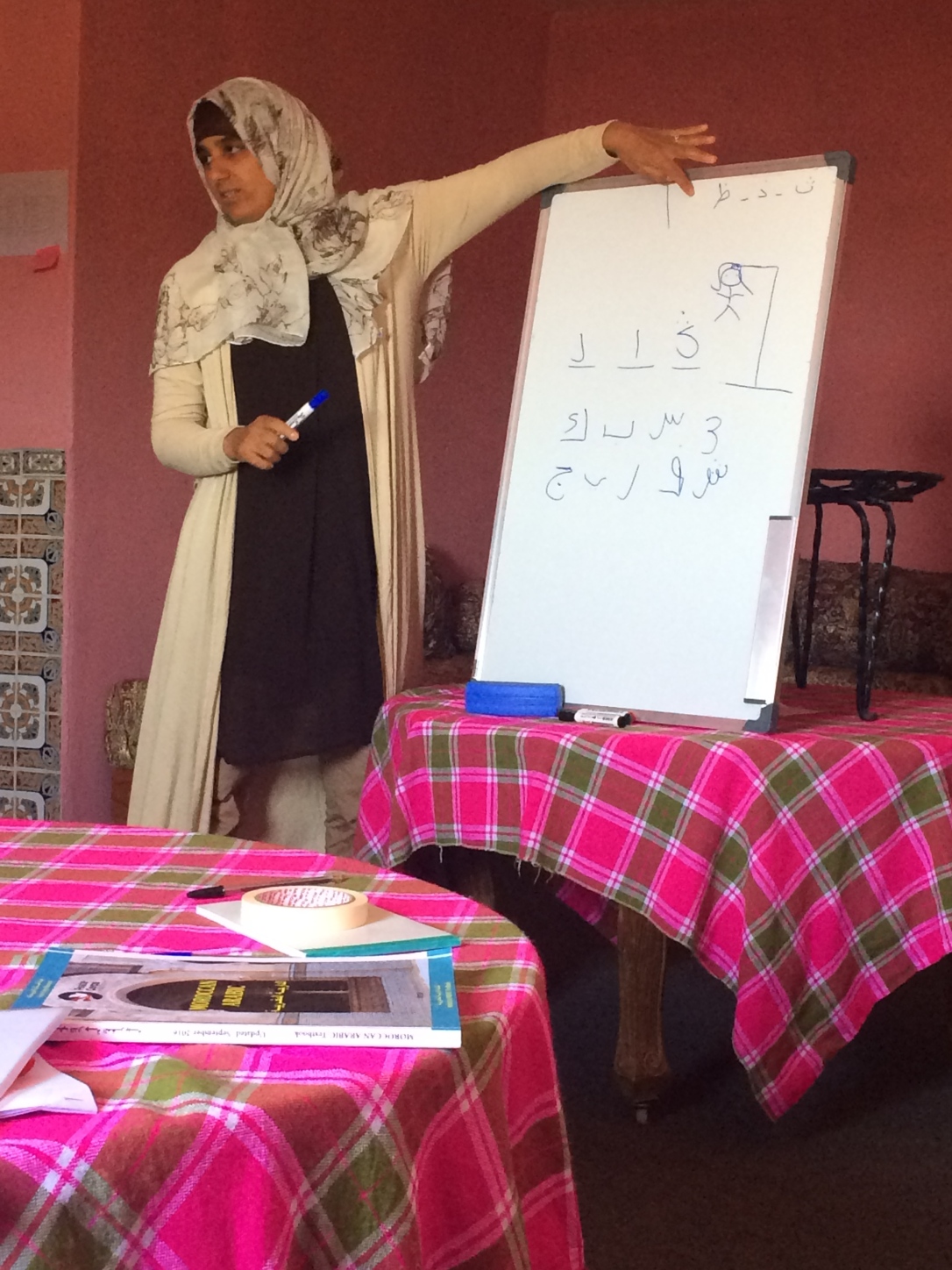

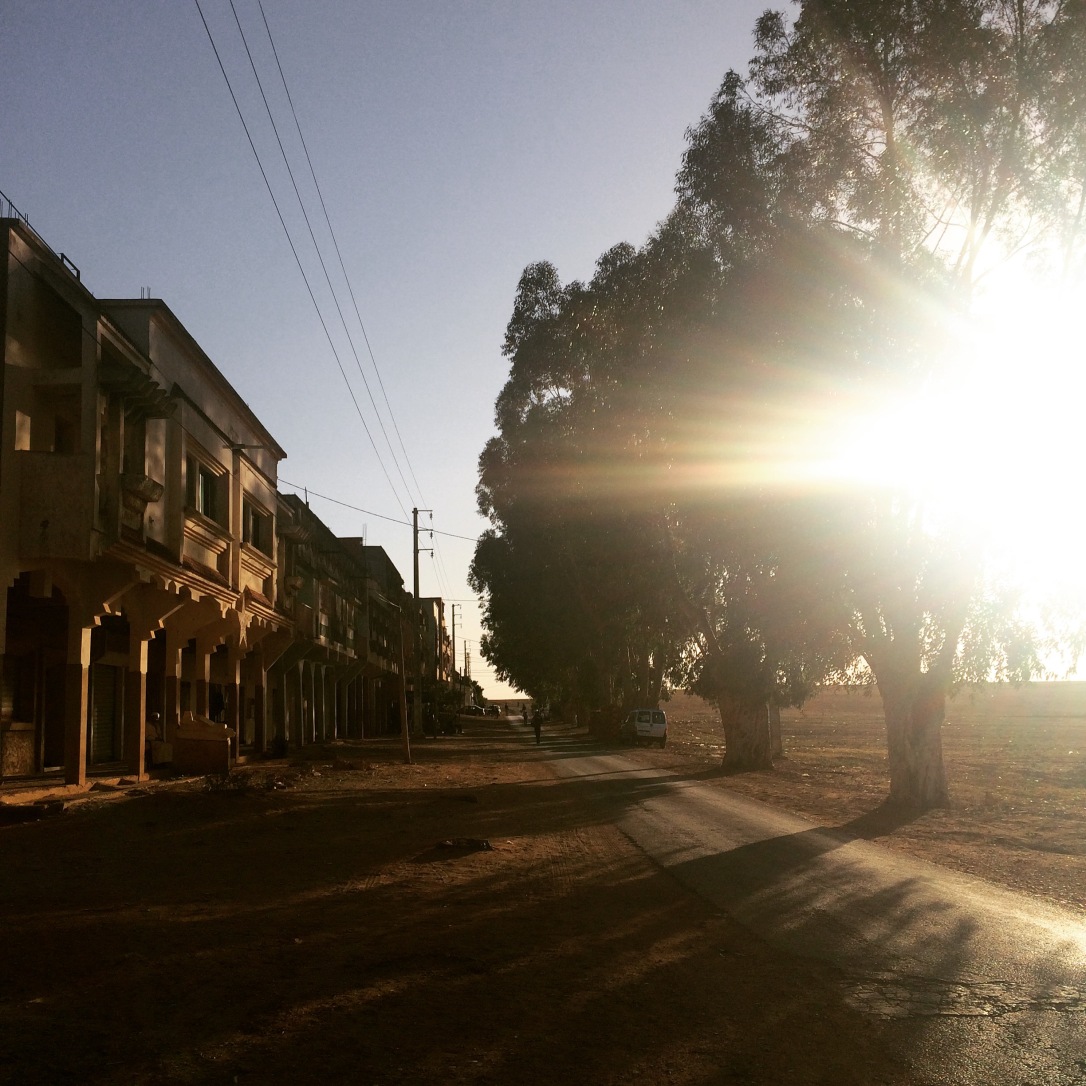

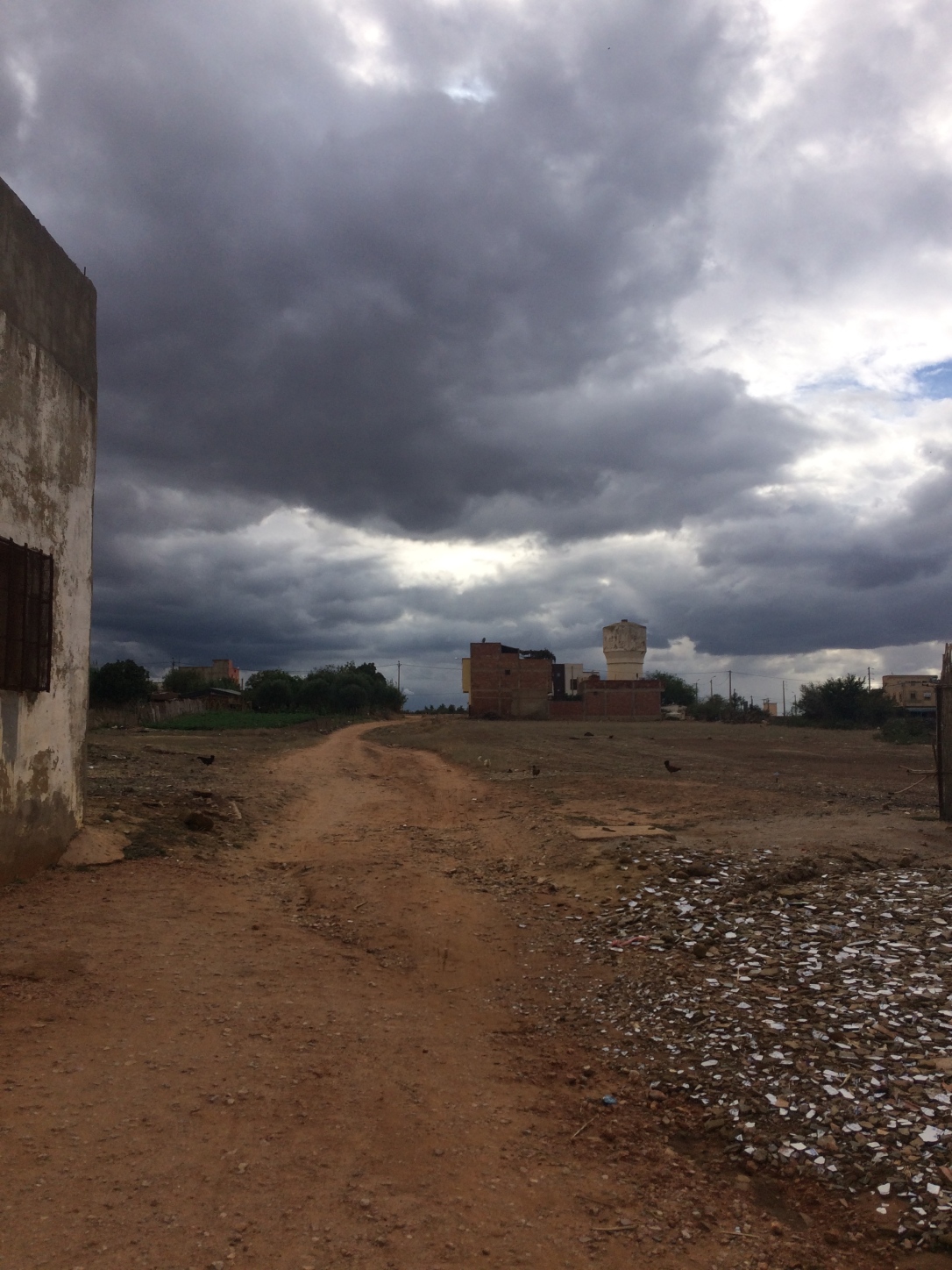





 y obvious foreigner in the tram car and it turns into an awkward 10 minute ride of continuous stares.
y obvious foreigner in the tram car and it turns into an awkward 10 minute ride of continuous stares.